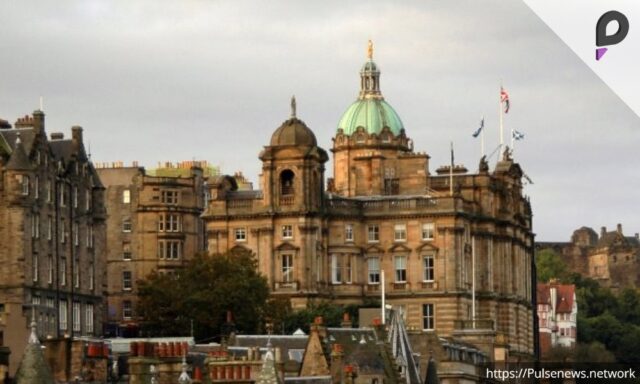Edinburgh: City Council has approved a tourist tax, marking the first such measure in the United Kingdom. The tax applies to visitors staying overnight in certain accommodations, including hotels, hostels, and guest houses.
Details of the Tourist Levy
Set to take effect in mid-2026, visitors will pay 5% of their nightly accommodation costs, capped at five consecutive nights. Accommodation providers will collect the fee on behalf of the city.
Council leader Jane Meagher noted that tourism places significant strain on Edinburgh’s resources. The revenue will help the city grow sustainably.
Economic Impact and Expectations
Edinburgh welcomed almost 5 million overnight visitors in 2023, contributing £2.2 billion ($2.7 billion) to the economy. The new tax is projected to generate £45-50 million ($56-62 million) annually by 2028.
Revenue from the levy will be allocated to improving public facilities and services that visitors heavily use.
Mixed Opinions Among Stakeholders
While over half of residents and local businesses supported the 5% fee, 62% of visitors opposed it or felt it should be lower.
Some councillors advocated for a higher charge to address Edinburgh’s rising housing costs. They hope the revenue will also fund affordable housing for hospitality workers.
Adjustments Following Consultation
An earlier draft of the tax proposed a seven-night cap, but it was reduced to five. Visit Scotland and Edinburgh Festivals argued that performers and festival workers often stay for longer periods.
Joining Other European Cities
Edinburgh joins cities like Amsterdam and Paris in introducing a tourist tax. The measure aims to preserve the city’s appeal and infrastructure while managing the impacts of high tourism levels.
A Strategic Move for the Future
“This is a once-in-a-lifetime opportunity to secure tens of millions for sustaining what makes Edinburgh special,” Meagher said. The city council hopes the levy will enhance residents’ quality of life while maintaining Edinburgh’s status as a top global destination.











